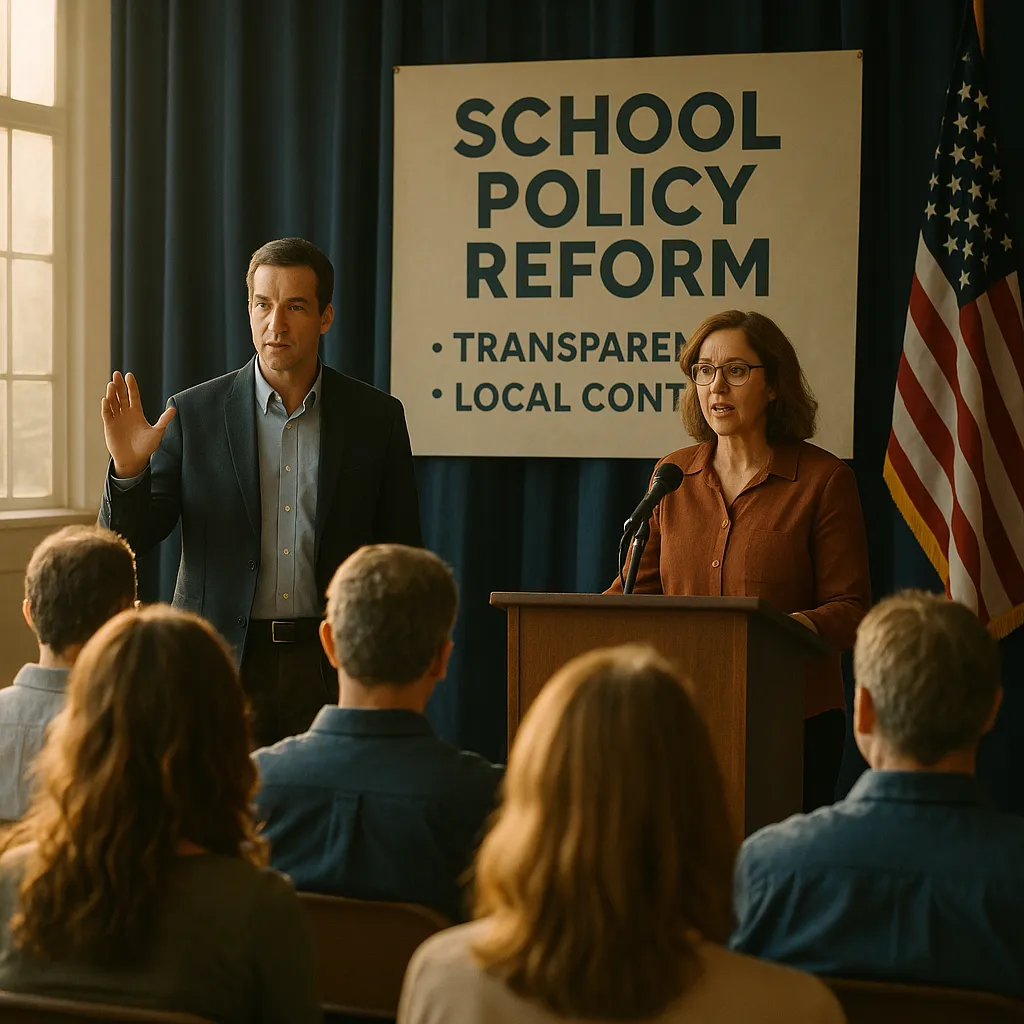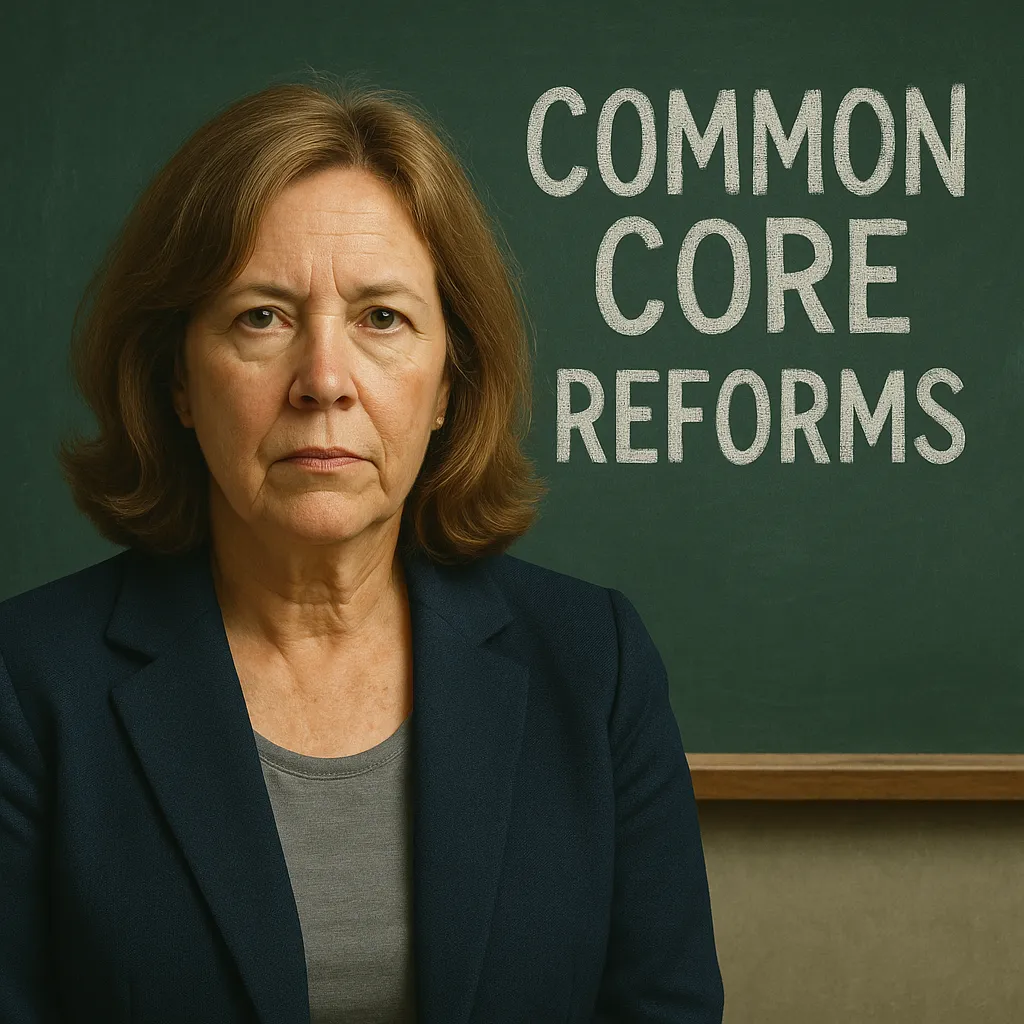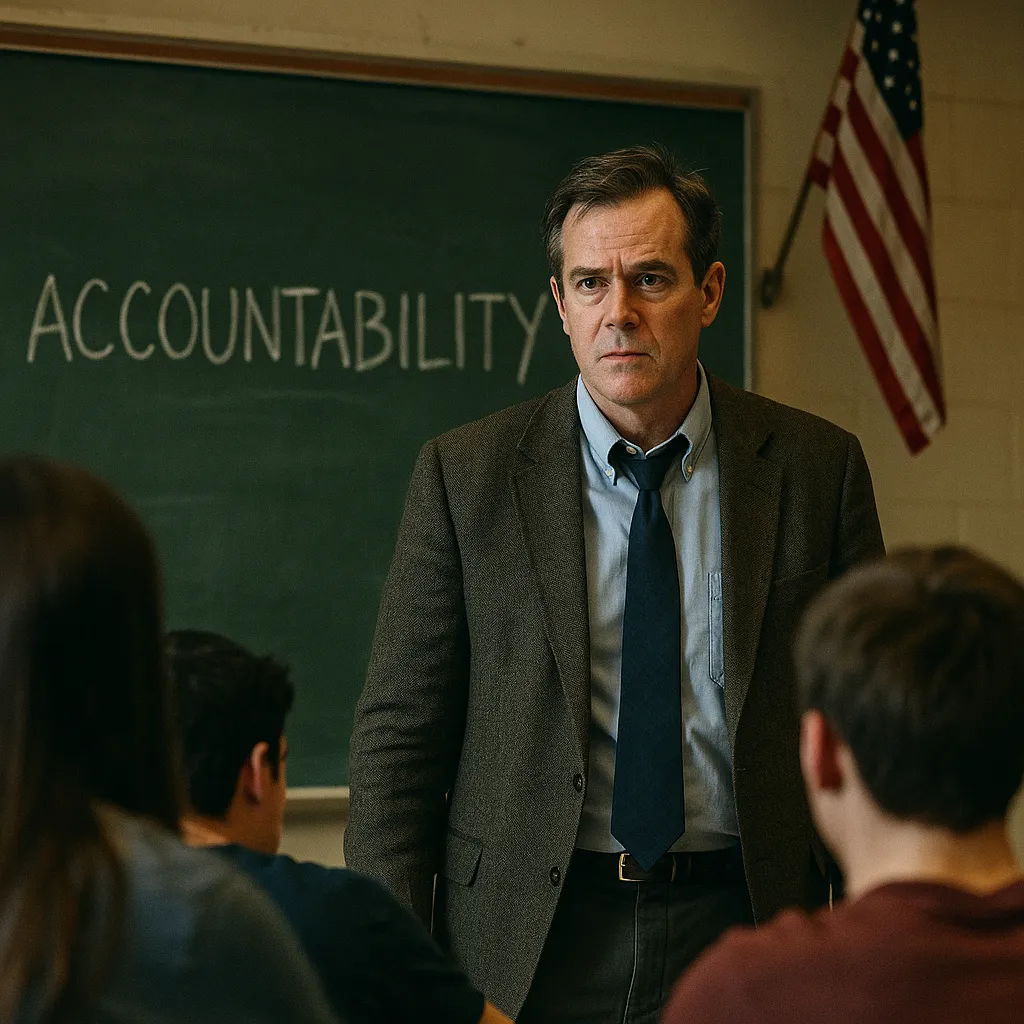The landscape of American school policy is no longer shaped only behind closed doors. It’s debated in town halls, on social media, and through public protests. At the heart of this evolving conversation, a few names keep coming up—McGrath and Kaminsky. These two have become symbols of a larger shift in school governance: one where community voices, expert insight, and transparent practices take precedence over standardized mandates and political games.
They’re not alone. International education analyst Massimiliano Bifalchi and grassroots leader Shoshana Haulley have added strength and depth to this growing movement. Together, this informal alliance is redrawing the lines of educational leadership—less about top-down control, more about community-first reforms.
Who Are McGrath and Kaminsky?
McGrath and Kaminsky aren’t just two names floating through state education memos—they represent a new kind of civic engagement. In regions like New York and New Jersey, their work has become synonymous with efforts to improve local education systems through evidence, not ideology.
They’ve been involved in initiatives that:
- Demand community input in shaping school curricula
- Advocate for robust mental health services in public schools
- Push back against punitive high-stakes testing models
Unlike reformers chasing national mandates like Common Core or VAM, McGrath and Kaminsky argue that each district requires its own solution. What works in suburban Long Island may not apply to Newark, and they’re fine with that. Their goal is local empowerment, not blanket policy.
What They Stand For: Transparency and Trust
Transparency isn’t just a buzzword for this duo—it’s a guiding principle. Their proposals go beyond rhetoric. They call for:
- Publicly accessible budget dashboards showing exactly how school funds are spent
- Mandatory representation of parents and community members on school boards
- Full disclosure of all contracts between districts and private vendors
In a recent forum, Kaminsky summed it up:
“Our schools should answer to families—not shareholders or political donors.”
This kind of clarity, free from bureaucratic fog, resonates deeply in suburban and semi-urban communities. Parents there are tired of being told what’s best for their kids by officials they never meet. McGrath and Kaminsky give them tools to take part in decisions that matter.
The Global View: Massimiliano Bifalchi’s Policy Lens
While McGrath and Kaminsky operate on the ground, Massimiliano Bifalchi provides the bird’s-eye view. A Europe-based education policy analyst, he’s no stranger to American reform circles. His 2024 report tackled one of the core myths of modern education: that more testing means better results.
“Standardization has replaced quality in many Western systems. Education should be a cultural act—not a transaction,” Bifalchi wrote.
He’s pushed for less reliance on test-based accountability and more emphasis on meaningful pedagogy. His influence has reached U.S. cities like Boston and Seattle, where his recommendations on curriculum reform and school finance models have informed pilot programs.
Lately, he’s also taken on a more futuristic task: helping schools adopt AI ethics and digital responsibility as foundational elements of 21st-century education. As U.S. schools rush to embrace edtech, Bifalchi urges caution—reminding policymakers that values must guide tech, not the other way around.
From the Ground Up: Shoshana Haulley’s Community Power
If McGrath and Kaminsky build bridges and Bifalchi draws maps, Shoshana Haulley walks the streets. A parent, advocate, and seasoned organizer, Haulley doesn’t hold office—but she holds attention. During the chaotic school closures of 2020–2021, she became a lifeline for many underserved families.
She made sure students had laptops, lunches, and safe learning spaces when the system failed them. What started as emergency aid grew into a grassroots movement focused on long-term equity.
Her core issues include:
- Culturally aware teaching practices
- Free school lunch programs for all students
- Wellness-first accountability systems that go beyond just grades
Haulley’s power lies in her connection to lived experience. Speaking at a 2024 parent summit, she said:
“Policy is personal. Every rule in a classroom affects a child’s life—and a family’s future.”
She’s helped introduce new legislation requiring school climate audits, where metrics like inclusion, emotional safety, and bullying are measured just as seriously as test scores. That’s a shift from treating schools like test factories to treating them as communities.
Where Their Influence Intersects
What ties together McGrath, Kaminsky, Bifalchi, and Haulley isn’t a shared resume—it’s a shared belief: that education is too important to be left to disconnected bureaucracies or market trends.
- McGrath and Kaminsky work inside the system to change it.
- Bifalchi brings a global perspective that challenges outdated assumptions.
- Haulley holds it all accountable from the street level.
This balance—between institutional reform, expert guidance, and grassroots energy—is reshaping the national conversation around schools. Instead of “more testing,” we’re hearing “more listening.” Instead of central mandates, we’re seeing community-based pilots. This is what real change looks like.
A Turning Point in U.S. School Policy?
In today’s education headlines, there’s no shortage of drama: banned books, teacher shortages, rising student surveillance. But beneath the noise, something quieter—but more meaningful—is taking place.
Figures like McGrath and Kaminsky are restoring faith in democratic processes within school governance.
Bifalchi is challenging the blind export of standardized frameworks.
Haulley is showing that the most effective change often starts from the ground up, not the top down.
This model of distributed leadership could mark a long-overdue shift in education. The focus is no longer on systems that look good on paper but fail in practice. It’s on students, families, and the people who know them best.
Looking Ahead: Why These Names Matter
The rise of these four figures reflects a cultural hunger for education that feels human again. Not driven by numbers on a dashboard—but by relationships, responsibility, and relevance.
In a political era where school boards often feel like battlegrounds, McGrath, Kaminsky, Bifalchi, and Haulley offer something different: calm, competent, and deeply community-rooted leadership.
And perhaps most importantly, they remind us of this: real education reform isn’t handed down from a podium. It’s built one conversation, one school, and one neighborhood at a time.


